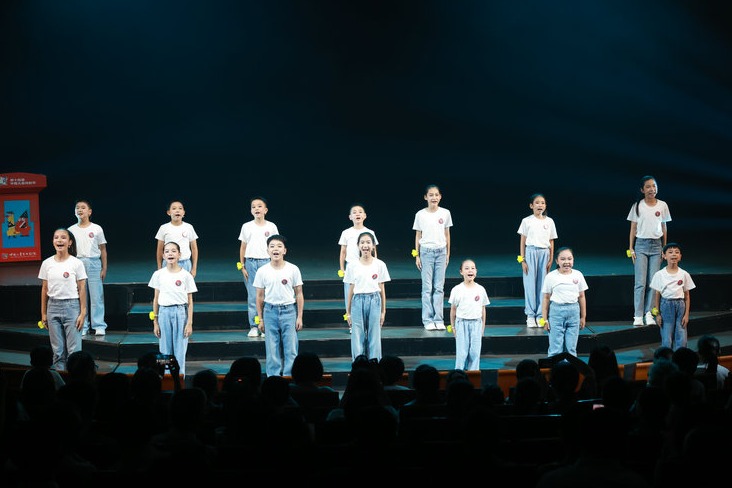AI is bringing revolutionary changes to publishing


Facing these threats, "we strongly reject the false dichotomy between a robust IP regime and AI innovation", she says.
If built on high-quality, accurate and appropriately licensed information, AI can enhance human understanding, creativity and productivity. It is less likely to produce inaccuracies and biases common in models with opaque data and processes. This is especially true in higher education publishing, she says.
"We call for governments to ensure four things," she says.
First, rights holders must have the option to prevent their work from being used by AI; second, they need transparency about what content is used for AI training, both past and future; third, adherence to copyright laws and transparency should be integral from the beginning; and finally, if rights holders license their work to AI developers, they must receive appropriate remuneration and attribution, she says.
"International cooperation will certainly be fundamental to how we respond to the opportunities and threats brought about by AI for the benefit of higher educational publishers," she says.
Analyzing trends in the publishing industry, Wang Fang, president of Foreign Language Teaching and Research Press, says publishers are increasingly engaging with readers who have grown up in the internet age.
Printed books are no longer the sole reading tool. Digital resources are becoming more prominent, personalized, ecological, intelligent and integrated.





































